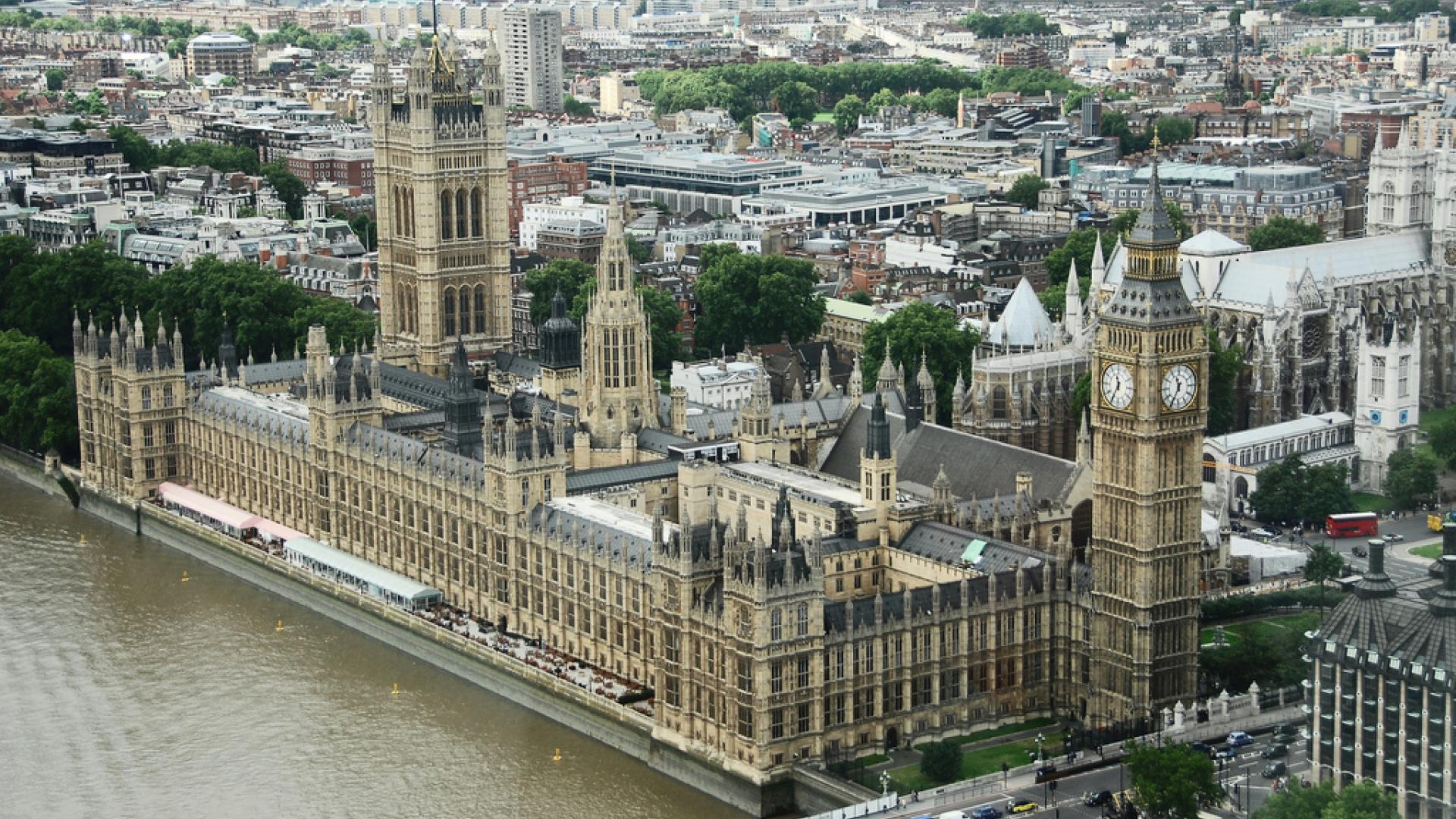“Dog’s breakfast”
“A chilling effect on freedom of expression”
“Entirely unworkable”
“Swimming against the technological tide”
“Neither liberal nor democratic”
Not a warm welcome for the Transparency of Lobbying, Non-Party Campaigning and Trade Union Administration Bill.
Whether or not it was the government’s intention, in its current format the Lobbying Bill sets political limits on charity campaigning. Considering the existing negative sentiment towards charity lobbying, the Bill will not come as a complete bolt from the blue for those working in the sector. Back in October 2012, Lord Hodgson, who conducted the Charities Act Review, implied that MPs think charities’ campaigns are becoming too politically charged: “They [charities] are starting to push the envelope substantially… Members of Parliament come to me and complain that charities are getting involved in areas which are the work of MPs.”
In addition, we have seen an increase in MPs commenting that charities are being “political” or “too political” in our parliamentary research over the past year. To put figures to assertions, we asked MPs what it means if they consider a charity to be political in the most recent wave of our Charity Parliamentary Monitor.
First of all, with 140 out of 157 MPs in our sample responding to this question, it is clear that this is a hot topic. Definitions were wide-ranging, but very broadly charities being political are thought to be those that get “involved in influencing policy-making.”
Interestingly, it turns out that unlike Lord Hodgson suggested and the proposed Lobbying Bill would imply, the feedback wasn’t decidedly negative. 49% of MPs stated that being political can be neutral or positive.
Going into more detail, a key theme that emerges is the distinction between small ‘p’ and big ‘P’ political behaviour. Charities are small ‘p’ political if they address a political issue and are “active in trying to change policy” (Conservative MP). Charities are big ‘P’ political when they are implicitly or explicitly “biased to one party or another” (Labour MP) and can thereby “lose focus on their primary aim” (Conservative MP). Many MPs tend to see charities as “small ‘p’ political” and this is “not a problem” (Labour MP).
Even though our data shows that many MPs do not perceive charity lobbying as a problem, it has been treated that way as a result of the Lobbying Bill. First, the definition of election campaigning is so broad that it could cover a huge range of legitimate, small ‘p’ political activity. Second, the limitations to charity lobbying in the run-up to an election will stop Public Affairs teams in their tracks.
Not only has there been outrage from the voluntary sector around the Lobbying Bill, our research also shows that 57% of the public believe that charities should be campaigning to change the law and government policy. If a substantial number of the public and MPs think that to effect change is part of charities’ raison d’être, and see trying to influence policy as the main route to achieving this, then why make their lives more difficult?
We are glad to see that the government has decided to amend the bill to reduce its impact on campaigning. However, the question remains as to whether it interferes with the legitimate political work of charities, whose members often far outnumber those of the political parties they are lobbying. In our next parliamentary survey, we will be canvassing the views of non-government MPs to assess how much appetite exists for this legislation in Westminster. Watch this space.
Could you not legislate for how much you agree with this? Or do you have some Opposition? Leave us a comment below.
N.B.
“Dog’s breakfast” (Labour MP Graham Allen, the head of the Political and Constitutional Reform Committee)
Having “a chilling effect on freedom of expression” (Human rights lawyer Helen Mountfield)
“Entirely unworkable” NCVO
“Swimming against the technological tide” Douglas Carswell
“Neither liberal nor democratic” (Sir Bubb, head ACEVO)

